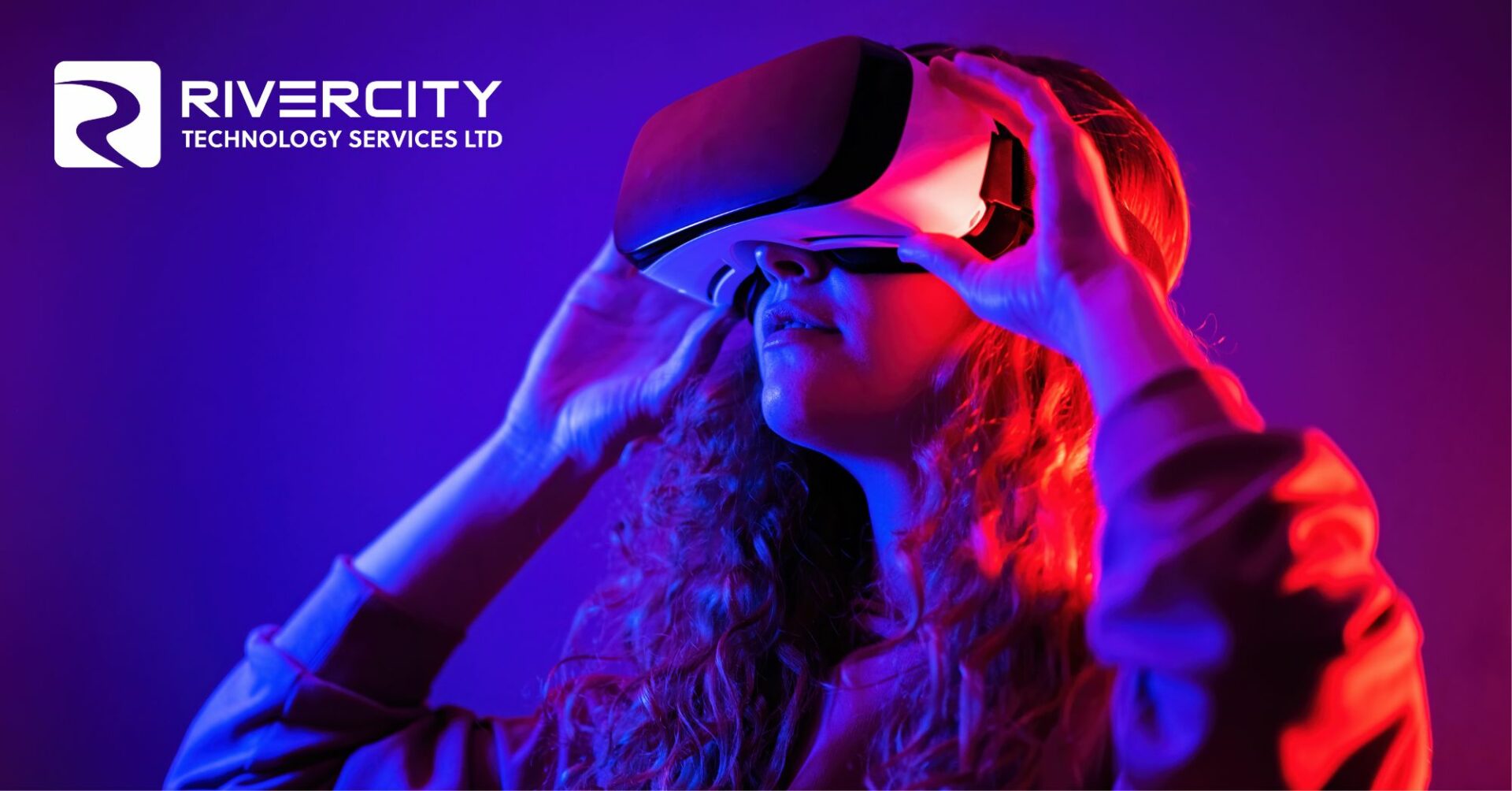In recent years, virtual reality (VR) has gained significant momentum, revolutionizing the way we experience gaming and entertainment. This immersive technology has captured the imagination of both gamers and entertainment enthusiasts alike, transporting them to captivating digital realms. As we peek into the future, it becomes evident that VR has the potential to redefine the boundaries of our digital experiences, opening a whole new world of possibilities.
- Gaming in a New Dimension
Virtual reality has already made substantial waves in the gaming industry, but its full potential is yet to be unleashed. As technology continues to advance, we can anticipate more realistic graphics, smoother gameplay, and enhanced sensory feedback. Imagine feeling the rush of wind against your face as you soar through the skies in a dragon-filled fantasy world or the adrenaline coursing through your veins as you face off against enemies in a virtual battlefield.
Moreover, the future of VR gaming holds promise for more interactive experiences. With the introduction of full-body tracking and haptic feedback systems, players will be able to physically engage with the virtual environment, enabling a heightened sense of immersion. As game developers harness these technologies, they will create captivating narratives and gameplay mechanics that blur the line between reality and the virtual realm.
- Entertainment Beyond Boundaries
Virtual reality is not limited to gaming; it is set to transform the entertainment industry as a whole. From cinematic experiences to live events, VR has the potential to transport audiences to unimaginable settings and provide truly unique perspectives.
Imagine watching a movie and being able to step into the shoes of the protagonist, witnessing the story unfold from their perspective. Concerts and live events could be experienced from the comfort of your own home, with VR headsets allowing you to be part of the crowd, no matter where you are in the world.
- Social Interaction and Connectivity
The future of VR extends beyond individual experiences; it holds tremendous potential for social interaction and connectivity. As VR technology progresses, we can expect to see virtual social platforms where people can gather, interact, and share experiences in a lifelike environment. Whether it's exploring virtual museums with friends, attending virtual parties, or collaborating on creative projects, VR has the power to bring people together like never before, transcending physical boundaries and connecting individuals across the globe.
- Practical Applications in Various Industries
While gaming and entertainment are at the forefront of VR's potential, the technology is also making waves in other industries. From healthcare to education, VR has proven to be a valuable tool. Surgeons can practice complex procedures in virtual operating rooms, students can immerse themselves in historical events, and architects can visualize their designs in 3D. As VR technology advances, its applications will continue to expand, transforming industries and improving the way we learn, work, and interact with the world around us.
The future of virtual reality in gaming and entertainment is a captivating prospect. With advancing technology, we can anticipate even more immersive experiences, interactive gameplay, and boundless creativity. Beyond gaming, VR holds promise for transforming how we consume entertainment, enabling us to step into virtual worlds and connect with others in ways previously unimaginable. As VR becomes more accessible and seamlessly integrated into our lives, we are on the cusp of an exciting digital frontier, where the line between reality and the virtual realm continues to blur.






















